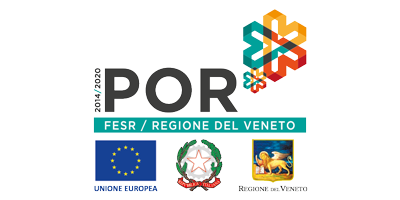Editorials
The new Viridem® products for grapevine
Wine grapes: Degrees Brix and rot reduction for quality that pays off
19/02/2016
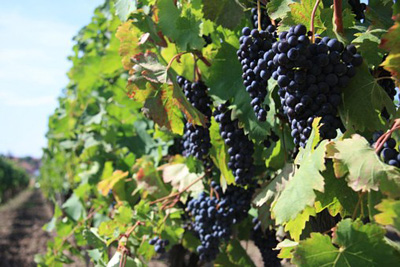
The positive results obtained in recent years from several vine growing areas of Italy, on different important vines ranging from Piedmont’s Nebbiolo and Dolcetto to Southern Italy’s Primitivo and Grecanico, have led Ilsa to improve even further its solutions for vine growers, based on the specific needs of each production area; those have become as many products with a specific action guaranteed by the Viridem® programme.
In 2015, the Ilsa technicians have further tested the effectiveness of the nutritional line based on the protein matrices Agrogel® and Gelamin® (hydrolised gelatins for agricultural use, solid and liquid respectively) and the positive effect of the Enzymatic Hydrolysate of Fabaceae (a biostimulant officially recognised by the Italian legislation, Legislative Decree 75/2010) on stress reduction and final quality of grapes and must, in terms of degrees Brix, technological maturity, absence of rot and cluster integrity.
Both official tests, conducted on Montepulciano, Lambrusco and Primitivo, and the experiences of those vine growers who have been using the Ilsa fertilisers and biostimulants for some years now, have allowed getting a full picture of the positive effects on the main vines grown in Italy. The graphic below summarises the increase in degrees Brix obtained through the use of IlsaC-on (based on an enzymatic Hydrolysate of Fabaceae), in addition to usual vine management practices.

From this unique and innovative biostimulant, Ilsa has been developing different solutions, based on the needs found in the different areas, with the aim of further improving the final result in terms of both quality and vine growers’ income, two aspects strictly connected by the fact that higher quality implies higher gain. The various positive aspects observed with the enzymatic Hydrolysate of Fabaceae, also as regards vegetative development, rachis elongation, epidermis thickening in berries and, therefore, greater resistance to cracking and rot and greater tolerance to physiological stresses (particularly in the ripening stage), have led to developing new products, which exert a specific action for each stage of the cycle:
- IlsaTracto and IlsaVegetus, based on an Enzymatic Hydrolysate of Fabaceae, with a variable content of plant-derived triacontanol (a compound with a strong biostimulating action) and other compounds such as flavonoids, phenolic extracts and other plant extracts (also sulphurated ones), help branches and floral clusters develop more while also increasing the fruit set percentage. Thus, they help the plant form more regular, uniform and not too close clusters, a fundamental aspect for those varieties (Primitivo, Pinot and Montepulciano, to name a few) tending to form too close clusters and presenting a higher risk of rot and acid mildew;
- IlsaForever and IlsaTolera, the first also based on an enzymatic Hydrolysate of Fabaceae (with vitamins and other plant extracts) and the second containing potassium and specific anti-stress amino acids, help clusters to develop regularly and protect them from cracking and water stresses or thermal leaps, by strengthening cell walls and regulating cell transpiration and turgor;
- IlsaGrader, based on potassium thiosulphate, betaines, alginates and other polysaccharides, increases the degrees Brix by transferring to a greater extent the soluble solids having formed during photosynthesis into clusters. Increasing photosynthetic efficiency in the early vegetative stages, in fact, is important for the final sugar content, a qualitative index that, in the cellar, brings an important economic return;
- IlsaKolorado and IlsaTempor, based on potassium, humic extracts and essential amino acids, bring forward ripening, make it uniform and protect grapes from rapid degradation.
Together with protein-based fertilisers, these products act in a specific manner on the different needs that can occur in managing a vine, to finally obtain quality grapes suitable for producing excellent wines.


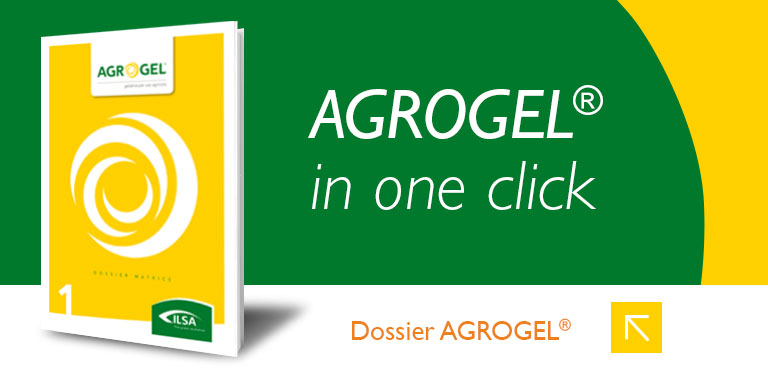
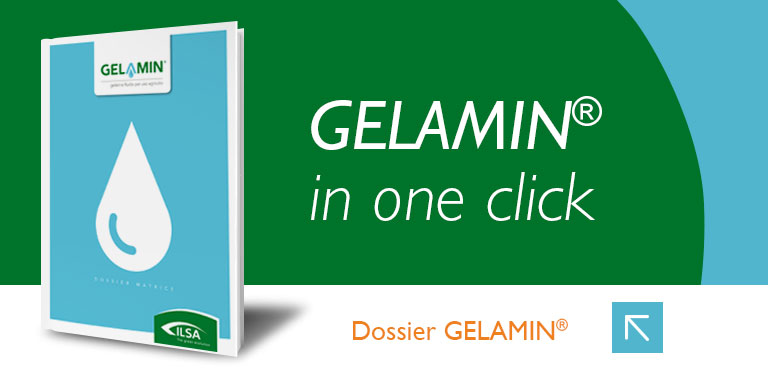
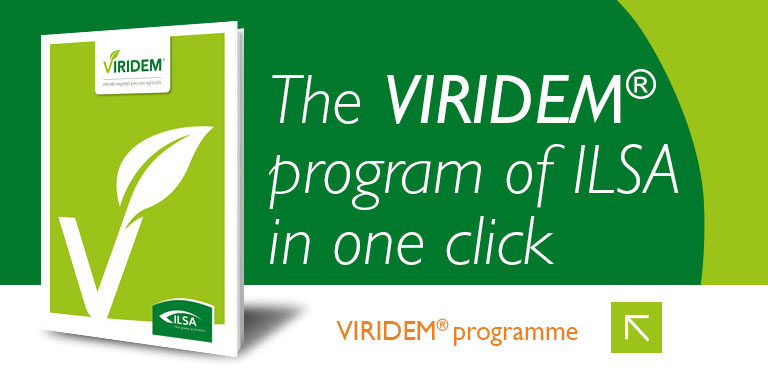
.png)
